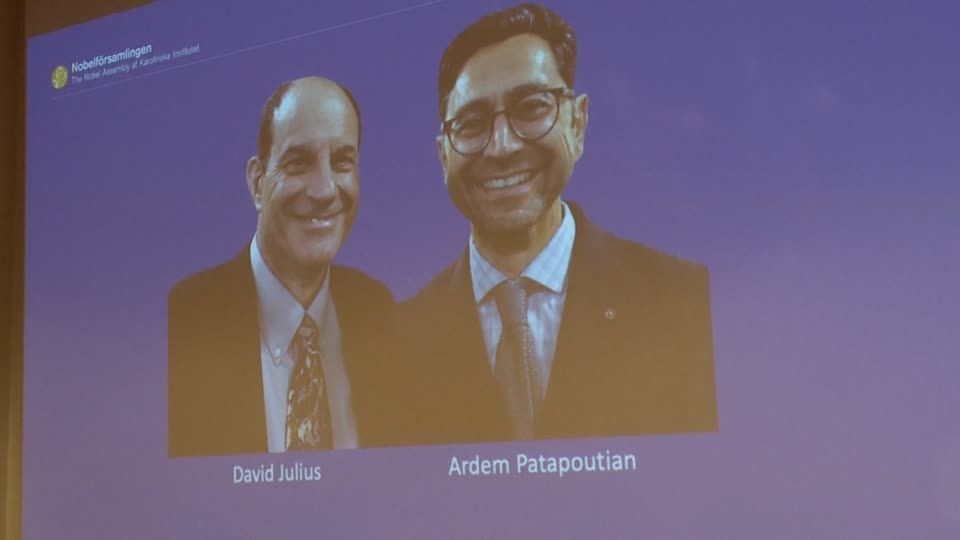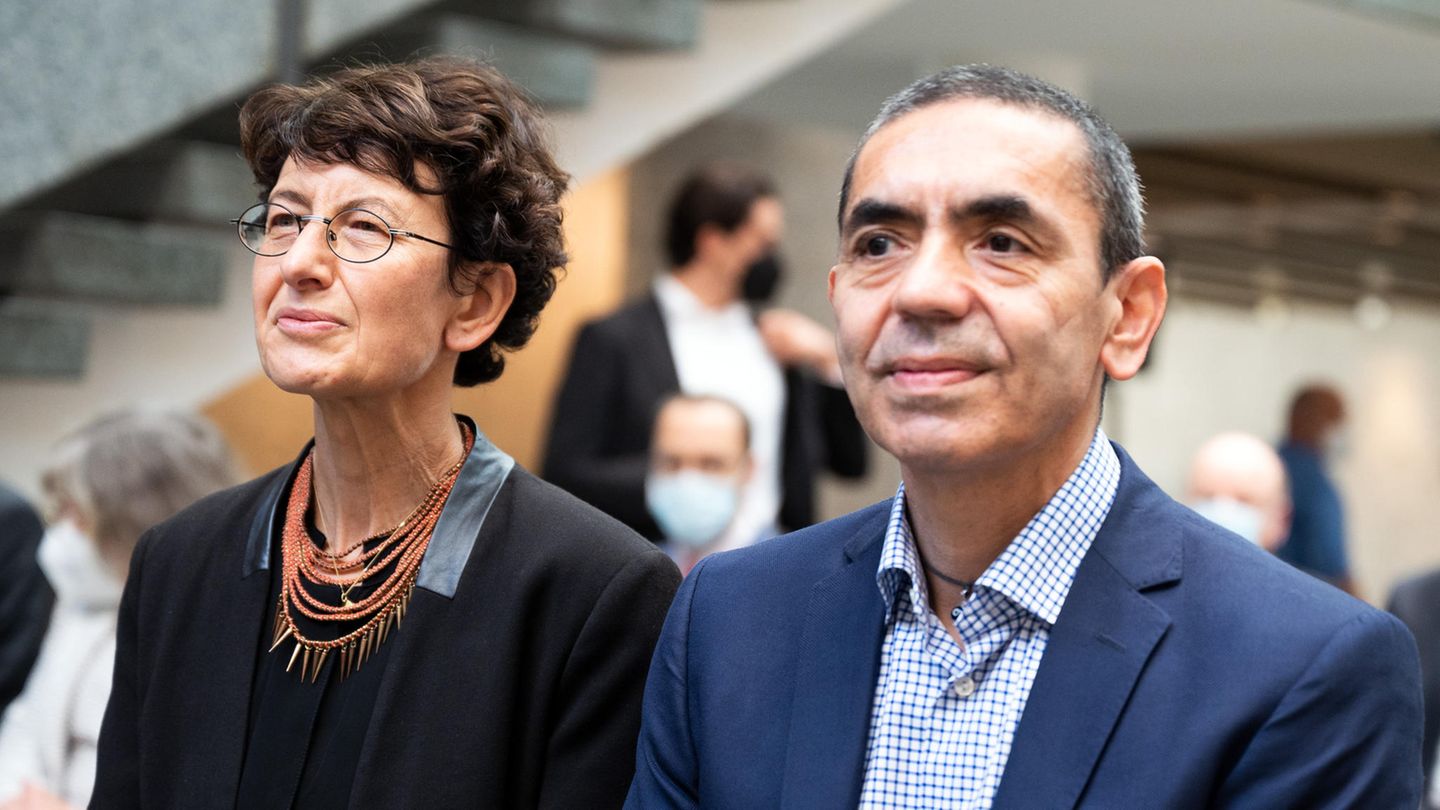The US researchers David Julius and Ardem Patapoutian were awarded the Nobel Prize in Medicine this year. The Biontech founders Uğur Şahin and Özlem Türeci were also traded as possible award winners, but ultimately came away empty-handed. This is not surprising to observers.
Why was the Nobel Prize for Medicine 2021 on Monday not awarded to Moderna or Biontech, to definitely worthy candidates “who have provided the greatest benefit to mankind in the past year”?
This quote comes from Alfred Nobel, the donor of the prize money of the most prestigious science prizes in the world, which have now been awarded for 120 years. If you take Nobel at his word, the question seems justified. However, from the outset it has proven practically impossible to determine what “the greatest benefit” actually is. It is even more unlikely that a scientific discovery would have such tremendous effects within a single year that it would be clearly recognizable that something enormous was achieved here. Or whether you will see it that way later. On top of that, Nobel Prizes were awarded for DDT, to one of the most important inventors of the poison gas war and for the basics of building atomic bombs, so that the question of the benefit in the long term becomes relative again.
Nobel Prize honors decades of basic research
In contrast to the Nobel Peace Prize, which is clearly a tool of international symbolic politics (it was awarded to Barack Obama, for example, before he even had the opportunity to achieve significant achievements as US President), the three natural science and literature Nobel Prizes are almost as good always about recognizing decades of hard work – regardless of whether it is the poetic work of Bob Dylan or the life’s work of physicists.
The mRNA technology undoubtedly has the potential to create enormous benefits for mankind beyond vaccination against corona. The fight against cancer through individualized vaccinations is one of the great hopes that the procedure promises. But even if the Nobel Prize for Medicine had already been awarded for it this year, it would certainly not have been the most famous faces of mRNA technology – in Germany Uğur Şahin and Özlem Türeci – who would have honored the Nobel Prize Committee. In the case of mRNA, the most likely candidates would be those who have tirelessly experimented, tinkered, optimized, and often fought in vain for attention for their innovation for decades.
Patience as an important research virtue
There is, for example, Katalin Karikó, the basic researcher who emigrated from Hungary to the USA in 1985 and is now Vice President at Biontech. And certainly Drew Weissman, with whom Karikó researched together from 1998. With the Lasker Award, both have already jointly won one of the most important science prizes. The biologist Ingmar Hoerr, co-founder of the Curevac company, who works in Tübingen, has also done important basic research.

The merits of the mRNA research community, which are now more evident than ever before, are not diminished by the fact that they have not already been considered by the Nobel Prize Committee this year. In one of the most spectacular medical-biological discoveries of recent times, the “gene scissors” Crispr-Cas, the award winners Emmanuelle Charpentier and Jennifer Doudna had been considered top candidates for several years. It is highly likely that mRNA technology will also come from Stockholm in the highest honors: patience is one of the greatest research virtues.




